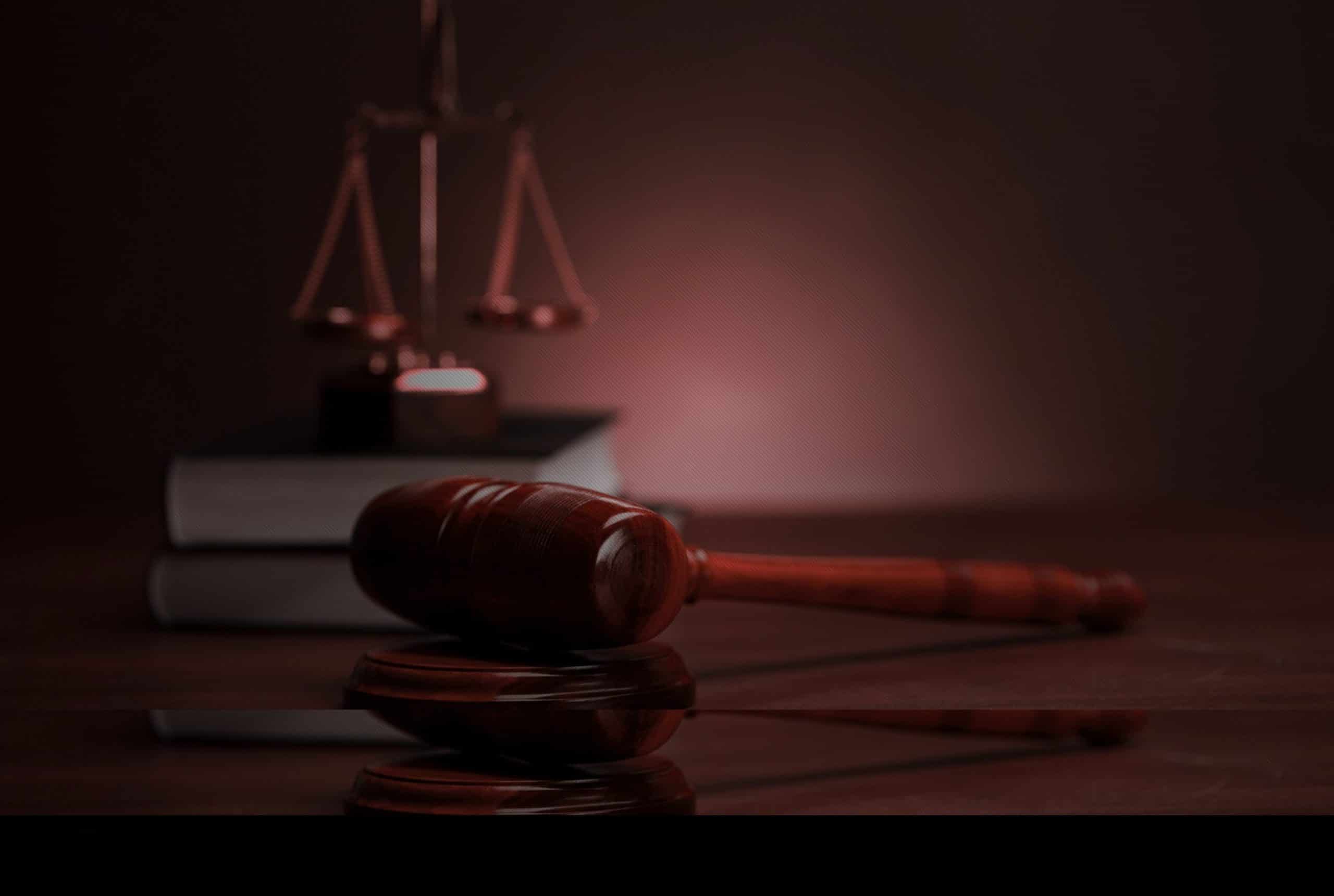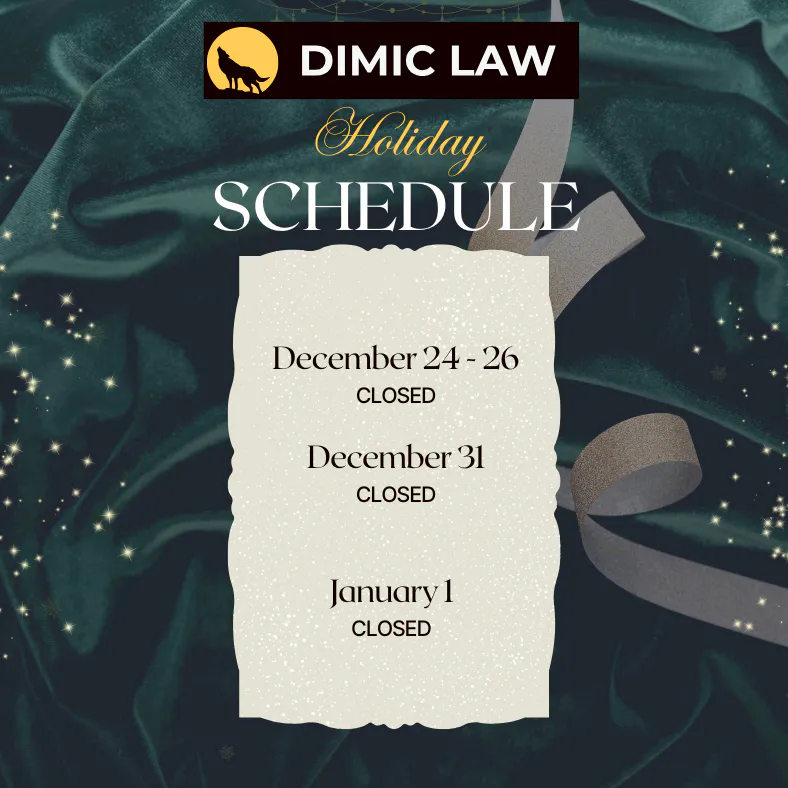
Intellectual Property Law
You had established your brand name fairly early with your start-up business. That aggressive stork logo has led to legions of dedicated clients coming to the doorstep of your business. To your surprise, John Doe across the street has the same logo, beautifully displayed on the front window and throughout the store. There is one difference though, he is protected….and you are not.
Don’t let this happen to you! Let us assess your intellectual property and helping to determine what the best avenue is to pursue and what property should be patented, trademarked or issued a copyright. Let us protect your competitive advantage and ensure that John Doe does not dominate.
Patents are bargains between the state and the inventor for the protection of an invention. In exchange for full disclosure of the invention, the inventor is rewarded with a monopoly to exclusively make, use and sell an invention for a determinate amount in Canada. The monopoly usually lasts for 20 years after the patent has been filed. The Patent Act , and the accompanying Patent Rules, allow the Commissioner of Patents the power to grant a patent.
Trade-marks are words, phrases, designs or symbols, used in association of services provided by a firm. Trade-marks are protected under the common law and Trade-marks Act, and accompanying Trade-marks Regulations . Registration of a trade-mark
grants an owner an exclusive right to use the trade-mark in Canada and to prevent others from using a similar trade-mark.
Copyrights – This includes a bundle of rights created by the Copyright Act, and the accompanying Copyright Regulations which protects the form in which concepts or ideas are expressed. Copyright in a work arises upon creation of the work and registration is not necessary. Copyrights are enforced for a material amount of time, lasting 50 years after the author’s death.
If you have questions about your particular situation, please contact one of our corporate law lawyers.

